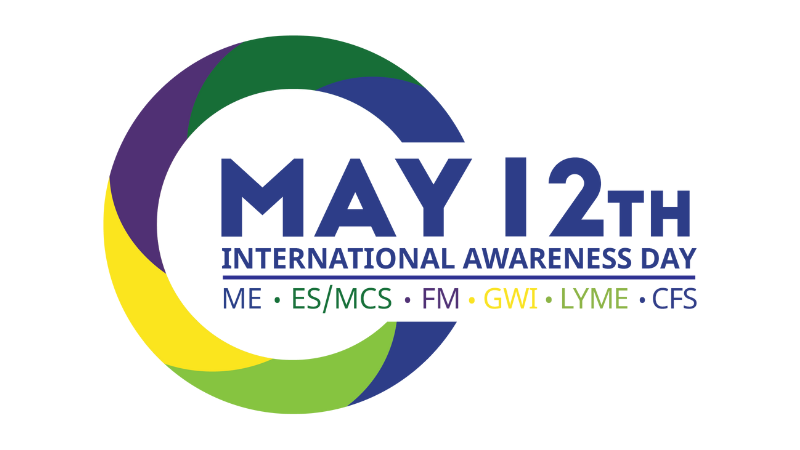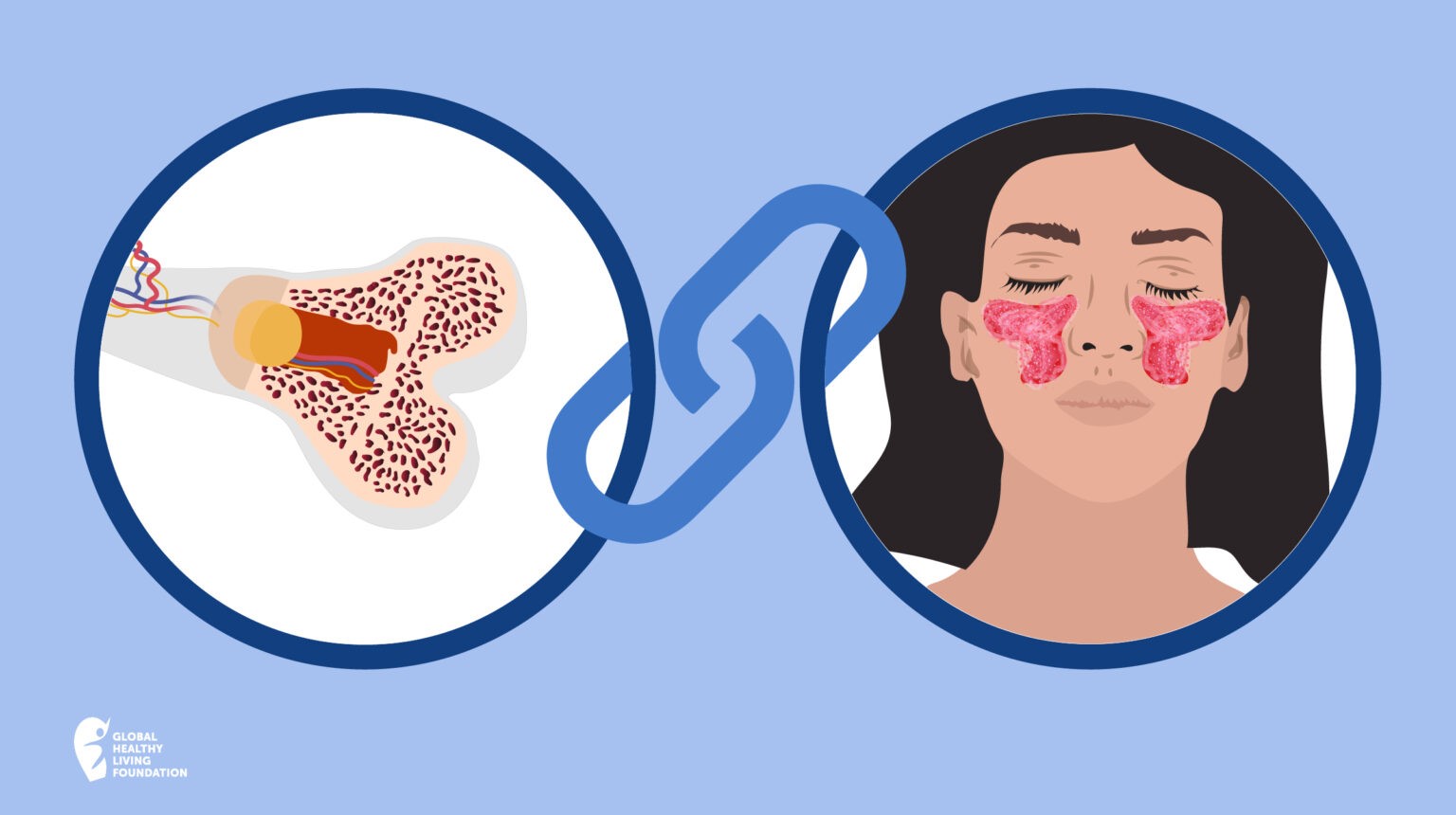

Sydney, 14 April 2021
At the media conference at Parliament House in Canberra (8/4/21) we learned that the national vaccine program will face inevitable delays with the news that Pfizer will be the new recommendation for those under 50 years. The question now filling the space between commentary and media conferences is, “How will Australians respond and how will we reach the best result for herd immunity?”
Swirling in the minds of the health authorities and public health communicators alike should be “What other measures should we take to encourage Australians to contribute to herd immunity?”
In Converting the maybes; crucial for successful COVID-19 vaccination strategy research reported in May 2020, 65 per cent of Australians would get a vaccination with 27 per cent uncertain or in the “maybe” category.
In The Guardian article by Elias Visontay (6/4/21), concern was raised for vaccine hesitancy rates that rose to a high of 36 per cent in March 2021. The story highlighted a deeper question of motivation for Australians to be vaccinated in a country where there is no widespread community transmission of COVID-19.
In the Liam Mannix Sydney Morning Herald article, Maybe we don’t need to worry about anti-vaxxers after all, (8/3/21), Mannix explored the issue of the growing number of “maybes” and the relatively small number in the population that cross the “no” box when asked if they will vaccinate. The article also highlights a need for discussion on measures to address systemic barriers to vaccine uptake.
Internationally, harder measures, that come at a yet unknown cost, are being considered to ease the opening of borders. Recently the WHO urged against vaccine passports, even for international travel, due to the complex ethical implications that could impede an individual’s ability to participate in daily life.
More intervention to assist with vaccine uptake will be needed for some groups within our community. Take, for example, the patient communities in Australia. Among those ticking the “maybe” box is undoubtedly some of the 50 per cent of the Australian population who are serious chronic condition sufferers, many of whom will speak with their GP before they get this or any jab.
Some will hesitate, unsure if they can generate the antibodies required for the vaccine to work, and question if they should get the jab at all due to their immunocompromised health. It’s fair to assume most Australians have questions they have not answered and, among those who are eligible, some are still uncertain where to go to be vaccinated.
But for those Australian chronic condition patients who will not be able to vaccinate for medical reasons, herd immunity is their only hope for protection against the disease, and the pathway for safe return into their family, community and workplace.
There is work still to do to help Australians understand the vaccines, the vaccination program, how to book an appointment for a vaccination and more, as we navigate COVID–19 and its new variants in the constantly evolving global pandemic landscape.
As we continue to answer those questions and build confidence in the coming months, perhaps we should remind ourselves why we are doing this: vaccines are a modern-day marvel that protect us against harmful disease. But as important, vaccines protect others in the community by reducing the spread of disease. When we consider those most vulnerable in our family, throughout our community and within our workplace, the question becomes: “Who else are we protecting when we roll up to get this job done?” The answer? All of us.
The Australian Prime Minister’s comments on vaccine supply compel “vaccine enthusiasts” to be patient. Getting through the first phase of vaccination rollout will, no doubt, be a cause for celebration. Updates on measures to help educate communities so they can make the decision to vaccinate will continue to be welcomed.
About the Author
Seth Ginsberg is the president and co-founder of the Global Healthy Living Foundation, and its digital communities, CreakyJoints® and CreakyJoints Australia, the online home for millions of arthritis patients and caregivers worldwide who seek education, support, activism, and patient-centred research. An arthritis patient himself, Seth has dedicated his career to advocating for the arthritis and chronic disease community.
About Global Healthy Living Foundation (GHLF)
The Global Healthy Living Foundation is a 501(c)(3) nonprofit organisation whose mission is to improve the quality of life for people with chronic illnesses (such as arthritis, osteoporosis, migraine, psoriasis, inflammatory bowel disease and cardiovascular disease) by advocating for improved access to health care at the community, state and federal levels, and amplifying education and awareness efforts within its social media framework. GHLF is also a staunch advocate for vaccines.
The Global Healthy Living Foundation is the parent organisation of CreakyJoints® and CreakyJoints Australia, the digital communities for millions of arthritis patients and caregivers worldwide who seek education, support, activism and patient-centred research through our ArthritisPower® (ArthritisPower.org) Research Registry.
In response to the COVID-19 pandemic, GHLF started a Patient Support Program, informed by a patient council made up of people living with a wide range of chronic illnesses, that now serves more than 30,000 people. Via CreakyJoints, GHLF also hosts PainSpot (PainSpot.org), a digital risk-assessment tool for musculoskeletal conditions and injuries, and eRheum (eRheum.org), for telehealth and virtual-care support. Visit ghlf.org for more information.
Find Us Online
Global Healthy Living Foundation: ghlf.org CreakyJoints: CreakyJoints.org CreakyJoints Español: CJES.org CreakyJoints Australia: CreakyJoints.org.au
Facebook: facebook.com/CreakyJoints & facebook.com/GlobalHealthyLivingFoundation
Twitter: @GHLForg, @CreakyJoints, #CreakyChats, @CreakyJointsAus
Instagram: @creaky_joints, @creakyjoints_aus, @creakyjoints_esp
TikTok: globalhealthylivingfnd
LinkedIn: linkedin.com/company/ghlf
Sources
- Mannix, L (08/03/21), Maybe we don’t need to worry about anti-vaxxers after all (smh.com.au), accessed 08/03/21.
- Attwell K, Lake J, Sneddon J, Gerrans P, Blyth C, Lee J (2021), Converting the maybes: Crucial for a successful COVID-19 vaccination strategy. PLoS ONE 16(1): e0245907. https://doi.org/10.1371/journal.pone.0245907, accessed 08/03/21
- Bourke, L (07/04/21), Coronavirus: WHO urges against COVID-19 vaccine passports, even for international travel (smh.com.au), accessed 08/04/21
- Visontay E, (06/04/21), Australia warned it won’t achieve herd immunity unless it deals with vaccine hesitancy (The Guardian), accessed 6/4/21




